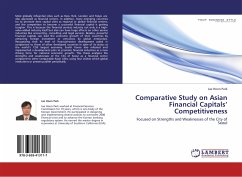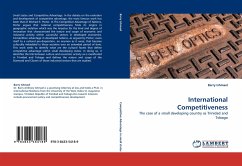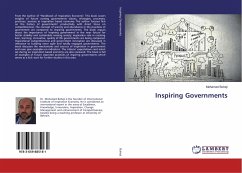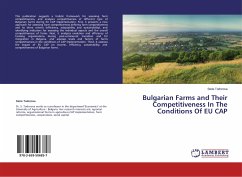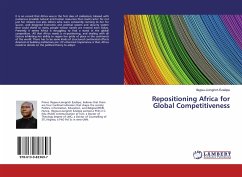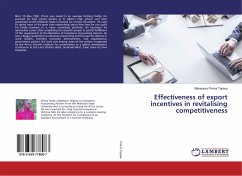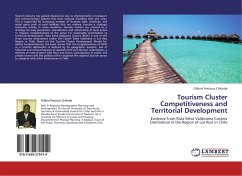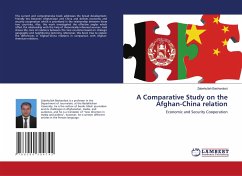Most globally influential cities such as New York, London and Tokyo are also appraised as financial centers. In addition, many emerging countries try to promote their capital cities as regional or global financial centers, and the competition to become a successful financial capital is getting tougher. This is because the financial services industry not only is a high-value-added industry itself but also can have huge effects on other service industries like accounting, consulting and legal services. Besides, powerful financial capitals can lead the economic growth of their countries by attracting foreign investment or entrances by global enterprises. Recognizing that its level of financial-sector development paled in comparison to those of other developed countries in spite of its status as the world's 12th largest economy, South Korea also initiated and implemented a development plan to promote financial industries as a new driving force for national economic growth. This thesis analyzes the strengths and weaknesses of the City of Seoul as a financial center compared to other comparable Asian cities, using four indices which global institutions or presses publish periodically.
Bitte wählen Sie Ihr Anliegen aus.
Rechnungen
Retourenschein anfordern
Bestellstatus
Storno

